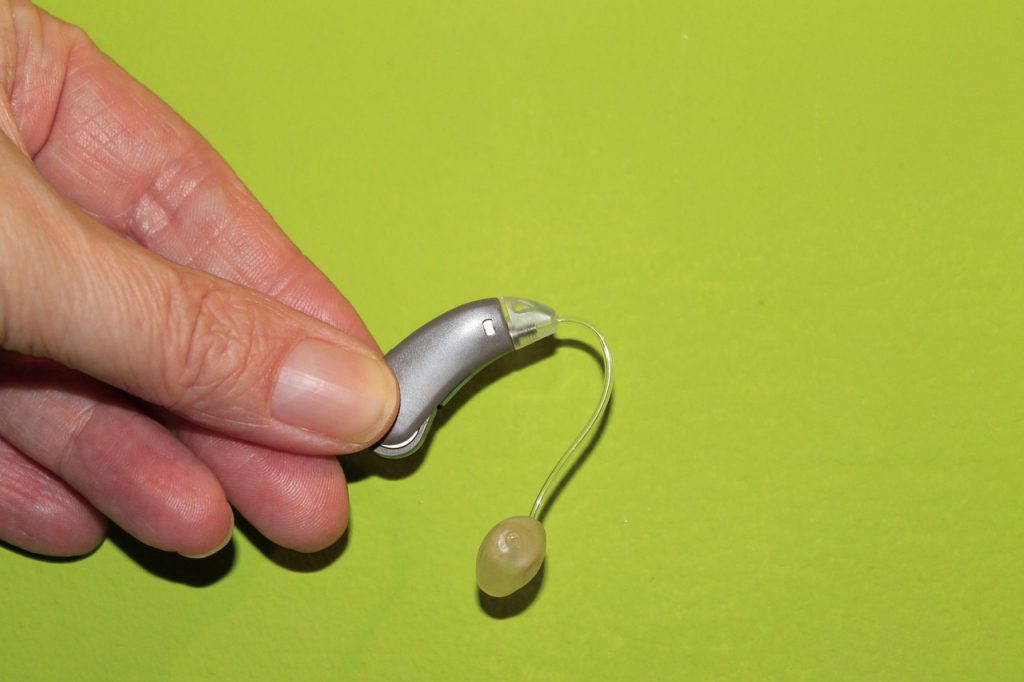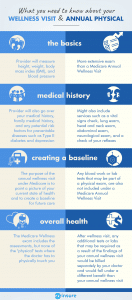When people think of the word vaccines, they often think of babies and young kids. While immunizations are important for children, they are just as important for seniors. Older adults should get vaccines in order to prevent diseases as they get older. Certain diseases can lead to complications in seniors, and possibly death. Luckily, Medicare offers many free preventive care services, including vaccines.

1. Flu Vaccine
Influenza, also known as the flu, is responsible for many deaths every year. Older adults are more at risk of dying from the flu than any other age group due to weaker immune systems. It is especially important for people with asthma, diabetes, or heart disease to receive the flu shot. Studies have shown that vaccinated seniors reduced their risk of flu hospitalization by 50%. There is also a stronger shot that is high-dose, Fluzone High-Dose, if you require more protection.
Medicare Part B covers one flu shot for seniors every fall/winter season.
2. Pneumonia Vaccine
Pneumococcal disease is another disease that seniors are at a higher risk for contracting. It causes severe infections of the bloodstream (bacteremia) and organs, and can result in pneumonia or meningitis. It kills almost 20,000 adults 65+ each year, so it is very important that you get vaccinated against it. It is recommended that people get two different types of vaccines, PCV13 and PPSV23, for more protection.
Medicare Part B covers both pneumococcal vaccines after the age of 65. PCV13 is given first, with the second PPSV23 recommended 6-12 months after.

3. Tetanus Vaccine
Tetanus, also known as lockjaw, is an infection that is not common in the U.S. If you contract tetanus, the bacteria gets under your skin, causing muscle spasms and affecting the muscles that control breathing. A person can get tetanus usually when traveling to a different country or from someone who has it.
Medicare Part B covers the tetanus vaccine in specific cases. For example, if a person has diabetes or neuropathy, then they are at greater risk of getting tetanus due to the open sores that can occur. So, you are more likely to get 100% coverage for the shot, as long as the shot is administered as a treatment for either of these illnesses or an injury caused by them.
4. Hepatitis B Vaccine
Hepatitis B, or hep B, is a contagious virus that causes an infection of the liver. There are two types of Hepatitis B: Acute, which mimics the flu, and Chronic, which is a long-term condition with no symptoms that can cause extreme liver damage or even death. If a senior has hemophilia, diabetes, or other conditions that lower resistance to infection, then their risk of getting Hep B is increased.
If a doctor feels like a person is at high or even medium risk of contracting hep B, then Medicare will cover the vaccine.

Getting vaccinated as you age is an important part of staying healthy. If you are at high risk for any of the diseases mentioned, then it would be smart to take advantage of the free vaccinations covered by Medicare.










